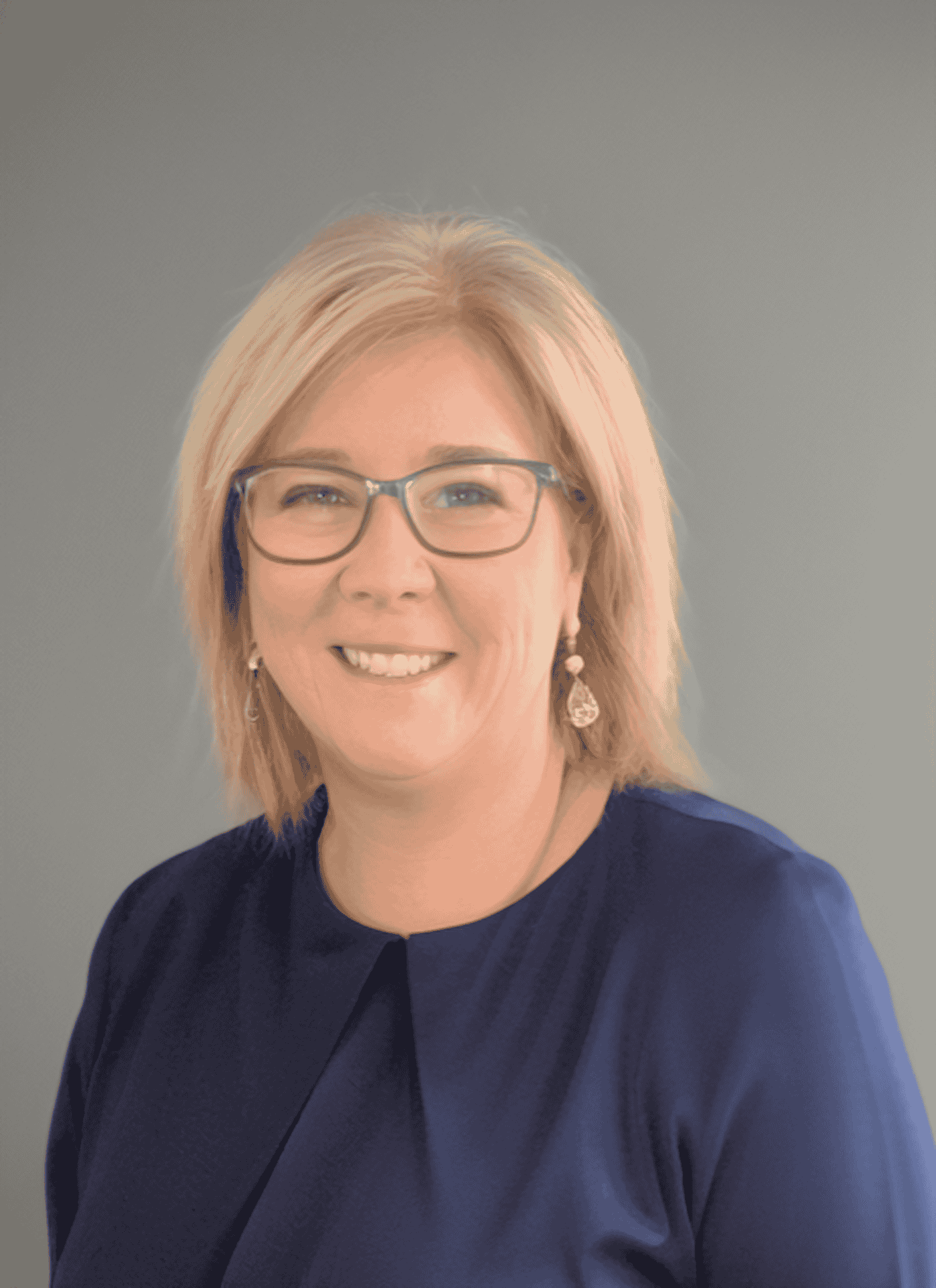Ask an Expert with Susan Hamme
What types of grief support services does Hospice of the Western Reserve offer?
We provide individual grief support for those families whose loved one passed away at Hospice of the Western Reserve. This service is offered free of charge for a duration of 13 months for adults, and extends to 24 months for children and the loved ones of pediatric hospice patients. In addition to a range of grief support groups available both online and in person, we offer groups tailored to specific relationships, like those for the loss of a parent or spouse/partner. We also have groups open to all, addressing different facets of the grieving process. We host special events year-round, including holiday grief programs, camps for grieving children, retreats and memorial events.
Individual support is specifically provided for those assisted by Hospice of the Western Reserve (HWR), whereas grief support groups, camps, and events are open to all members of the community.
How do I know if I need grief support?
Each individual's reaction to grief varies, making it challenging to discern when seeking grief support is beneficial. However, some prominent and readily identifiable indicators that suggest the need for grief support are:
- Struggling with daily activities like eating, bathing and dressing.
- Isolating yourself from others and the outside world.
- Being stuck with an intrusive memory or thought that keeps playing on repeat that is related to the dying or death of your person. This is particularly true for thoughts filled with regret, such as "I could have," "I should have," or "I would have" statements.
- Physical symptoms such as worsening asthma, gastrointestinal problems, joint and muscle pain, and the onset or increase of headaches may indicate emotions that have been neglected and accumulated.
- Not being able to have a moment or a break in the sadness. Grief and depression share many similarities, yet a key distinction lies in grief's allowance for moments of lightness. The capacity to smile upon reuniting with an old friend, chuckle at a funny clip, or feel a spark of joy from favorite things. However, if such brief solaces are elusive, it may indicate that depression is overshadowing the grieving process.
What can I expect from my first visit with a bereavement coordinator or at a support group?
Registering for a support group gives you the opportunity to chat with the facilitator beforehand, providing you with a clear idea of what the group sessions will entail. In general, new group attendees are invited to share their names and a bit about the special person who has died. Often, new attendees choose to listen rather than speak and that is completely acceptable. No one will force a group member to be in the spotlight or compel them to answer or respond to anything.
An individual visit can be arranged at one of our offices, your residence, or a private spot of your choosing like a library or café. The bereavement coordinator will want to learn about you and listen to your experiences regarding the passing of your loved one. The bereavement coordinator will be interested in understanding your current challenges. Articulating this can be tough, but by discussing how you've been spending your time since your loved one's passing, we can uncover these difficulties together. This way, we can explore methods to help you find some comfort and peace during your journey through grief.
Is there a cost associated with grief support services?
Individual grief support and attendance at grief support groups are offered at no cost. The Elizabeth Severence Prentiss Bereavement Center provides healing arts workshops led by art therapist Mollie Borgione, where occasionally there may be a fee for art supplies used in these programs.
Are there grief support services available for children and teens?
Our bereavement coordinators offer personalized support to children and teens for 24 months after a loved one has passed away under hospice care. We also host retreats and camps for kids aged 6 and older, along with school programs for grieving students. We team up with school counselors to create these programs that help students cope with loss. Plus, our special events, including memorials and holiday celebrations, feature activities designed especially for young people.

Susan Hamme
Team Leader, Counseling Services
Hospice of the Western Reserve
